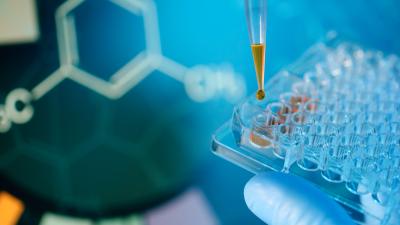Human Mini-Brain Used to Study Micronutrients in Brain Development
Study in a Sentence: An interdisciplinary group of scientists collaborated to develop a mini-brain model using human stem cells to understand the composition and distribution of micronutrients and minerals (e.g., phosphorus, sulfur, potassium, calcium, iron, and zinc) during human fetal brain formation using X-rays.
Healthy for Humans: The data obtained from these human mini-brain models supports previous data obtained from brain samples from deceased people and highlights the long-term effects of a mother’s diet during pregnancy on the development of neurological disorders in her child later on in life.
Redefining Research: Prior to the development of this model, research on nutrients in the brain could only be done in donated brain tissues from deceased people or animal models, which do not fully recapitulate human brains. This human-based model can be used to study other aspects of human brain development.
References
- Sartore RC, Cardoso SC, Lages YV, et al. Trace elements during primordial plexiform network formation in human cerebral organoids. PeerJ. 2017;5:e2927. doi: 10.7717/peerj.2927. eCollection 2017.







